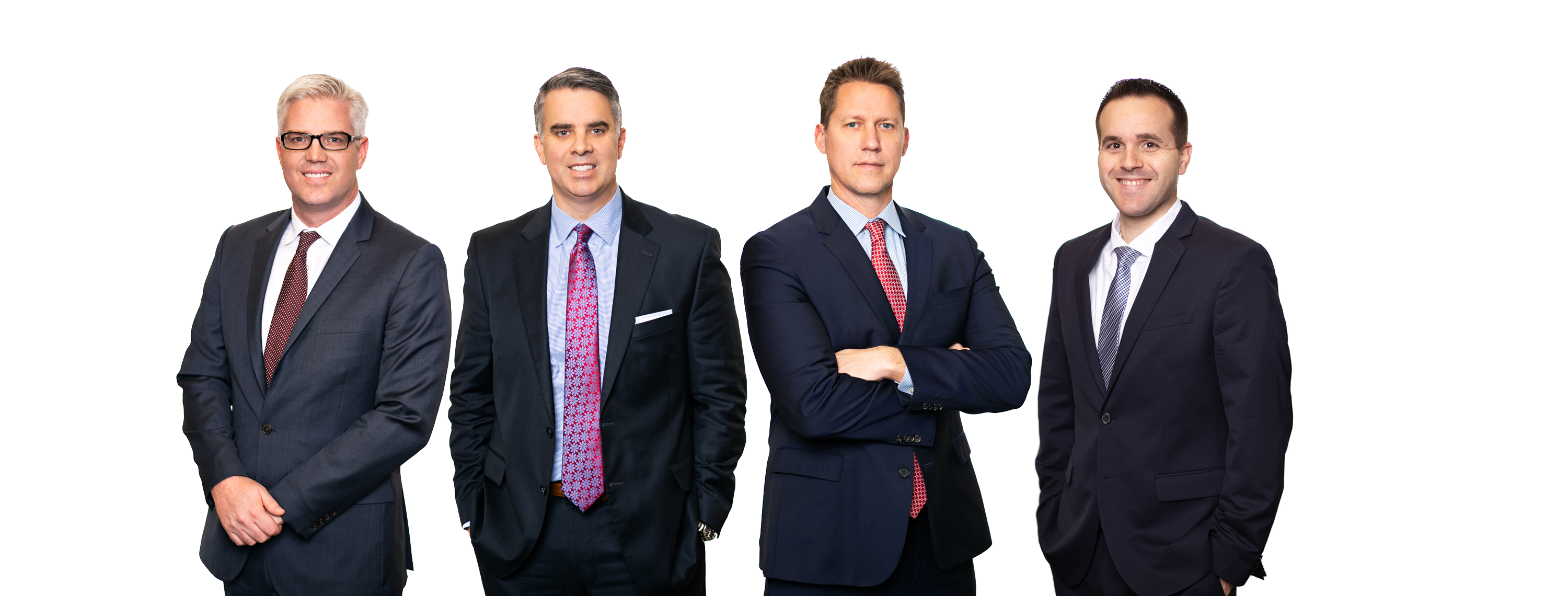



The most important step in any case is the initial consultation to collect the details regarding your matter, where we can discern expectations and strategically advise you how to best proceed.

Legal representation requires tactical thinking, hard work and devoted execution to the legal strategy. This is where our attorneys excel as a trustworthy partner in your case.

We strive to make the final result reflective of your original goals. We are committed to protect what matters most to you and to achieving the most favorable outcome possible for you.











